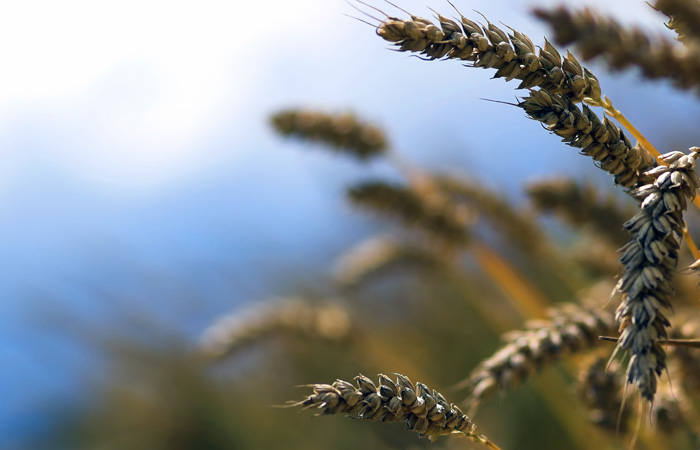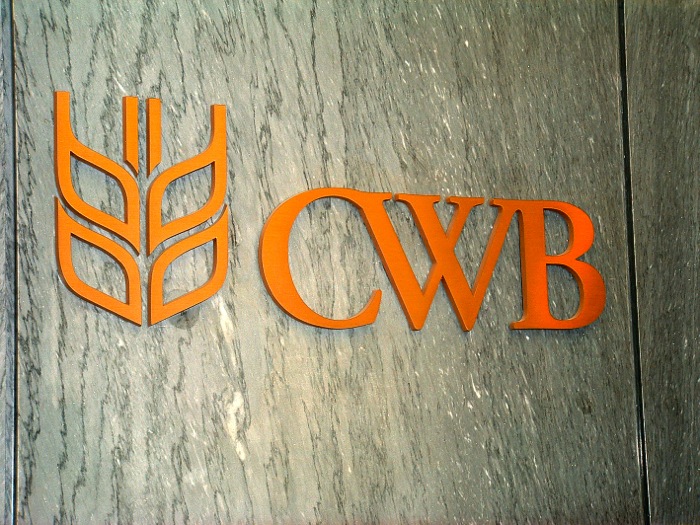Membership has its privileges that’s why the Farmers of North America (FNA) has made changes to how it shares benefits so its members get more and free riders less.
“The fact of the matter is prices drop just when there are (FNA) members in a community and prices will often be disciplined,” Bob Friesen, CEO of FNA’s Strategic Agriculture Institute said in an interview Feb. 14.
Now instead of sharing the full saving on farm inputs and other products purchased through FNA up front, FNA members will pay discounted prices initially and then get the rest of their savings through FNA’s MPower prepaid MasterCard. Members can use the money however they like, Friesen said.
Read Also

Spoken questions are what make it an interview
Recently, I was exchanging emails with the media email account at a government agency, hoping to reach a source for…
The change will also make it easier for FNA to do business with product suppliers who complain dealing with FNA lowers their returns on all sales.
“Undercutting the competition results in lower prices across the board and so the investment of each (FNA) member in making that lower-price product available is realized by every farmer,” FNA said in a news release.
“We’re thrilled that farmers are saving money, but strategically, if we’re trying to increase our bargaining power with the big input manufacturers by increasing our membership size, we need to find a way of maintaining the value available within the membership.”
FNA is a private company created in Saskatchewan in 1998 to negotiate lower costs for its members on inputs such as fertilizer and pesticides, as well as equipment and parts.
According to Friesen the $625 a year farmers pay to be a member is used to finance FNA’s operations and all the savings after costs are returned to farmer-members.
“We already can do so much with 10,000 members across Canada, imagine what we could do with 20,000?” he said. “This should strike fear in the hearts of the large multinationals because the larger that farmer business alliance the more we will control the agenda.
“The more farmers are part of this, the more clout farmers will have in the marketplace. That applies to the input side as well as the output side.”
With grain prices high now farm input suppliers are going to extract what the market will bear and farmers will suffer because of a lack of effective competition, Friesen predicted.
“And that’s just wrong,” he added.
“Our No. 1 priority is to improve farm profitability. We think there’s a lot of room in the input margin for farmers to take back the agenda and keep more money in their pockets.”
When FNA introduced Aurora, a generic grassy weed herbicide last spring for $10.75 an acre, prices fell on many other grassy weed killers, potentially saving all Canadian farmers millions of dollars, Friesen said. [email protected]
———
“Thisshouldstrikefearintheheartsofthelargemultinationalsbecausethelargerthatfarmerbusinessalliancethemorewewillcontroltheagenda.”
– BOB FRIESEN















